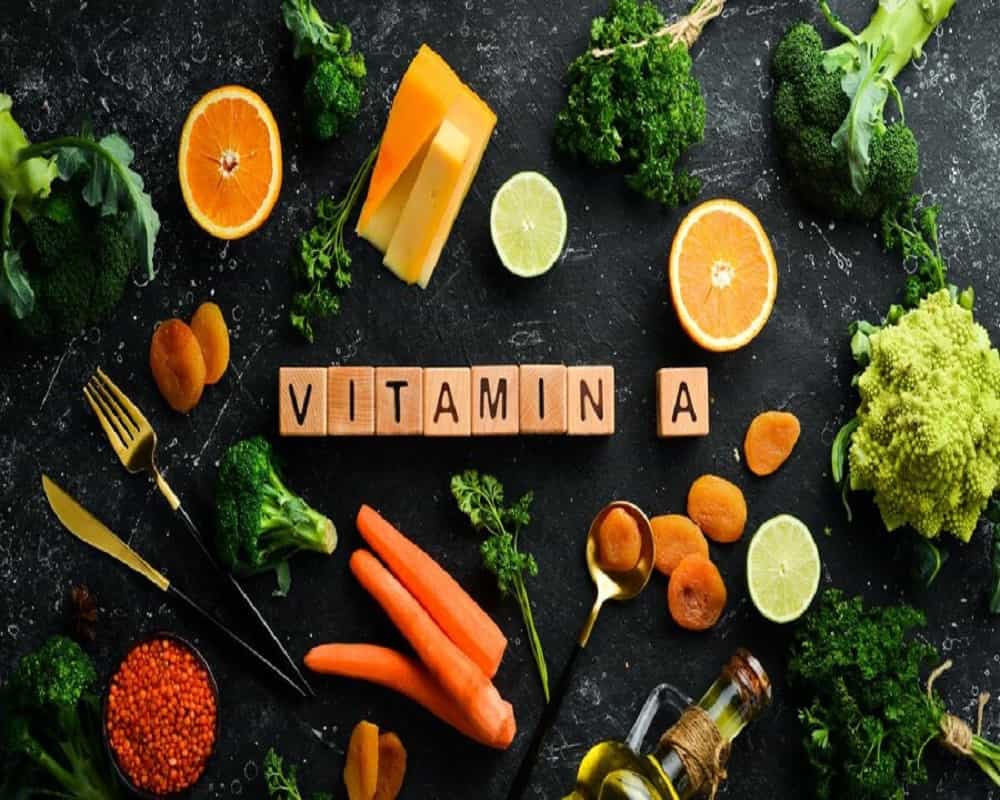A strong immune system is essential for maintaining overall health and well-being. Vitamins play a crucial role in supporting and enhancing the immune system, helping your body fend off illnesses and infections. With so many vitamins available, it can be challenging to determine which ones are most effective for boosting immunity. In this article, we will explore the top 10 best immune system vitamins that can help you stay healthy and resilient.
1. Vitamin C
Probably the most well-known vitamin for boosting the immune system is vitamin C. Strong antioxidants like this one aid in boosting white blood cell production, which is essential for combating infections. Vitamin C also enhances the function of these cells and helps protect them from damage caused by harmful free radicals. You can get your daily dose of vitamin C from citrus fruits like oranges, lemons, and grapefruits, as well as strawberries, bell peppers, and broccoli.
2. Vitamin D
An immunological system that is working properly requires vitamin D. It helps regulate the immune response by activating T-cells, which are critical for identifying and attacking pathogens. Additionally, vitamin D can enhance the pathogen-fighting effects of monocytes and macrophages—white blood cells that are part of the immune system. Sunlight is a natural source of vitamin D, but you can also find it in fatty fish like salmon and sardines, fortified dairy products, and egg yolks.
3. Vitamin E
Vitamin E is another potent antioxidant that helps protect immune cells from oxidative stress. It supports the production of immune cells and helps maintain the health of cellular membranes. Vitamin E also enhances the immune response by improving the function of T-cells. Broccoli, spinach, nuts, and seeds are good providers of vitamin E.
4. Vitamin A
Vitamin A is crucial for maintaining the integrity of mucosal barriers, such as those in the respiratory and digestive tracts, which act as the first line of defense against pathogens. It also plays a role in the development and function of immune cells, including T-cells and B-cells. Foods rich in vitamin A include sweet potatoes, carrots, dark leafy greens, and liver.
5. Vitamin B6
Vitamin B6 is vital for supporting biochemical reactions in the immune system. It helps produce antibodies and supports the production and function of white blood cells. Additionally, vitamin B6 aids in the synthesis of neurotransmitters and the regulation of homocysteine levels, which can impact overall health. Good sources of vitamin B6 include poultry, fish, potatoes, and bananas.
6. Vitamin B12
Vitamin B12 is essential for maintaining healthy nerve cells and red blood cells, and it also supports immune function. It helps in the production of DNA and RNA, which are crucial for cell division and the formation of new immune cells. A reduced immunological response may result from a vitamin B12 deficiency. Animal items like meat, dairy, eggs, and fortified plant-based milks are good sources of vitamin B12.
7. Folate (Vitamin B9)
Folate, or vitamin B9, is important for the production and maintenance of new cells, including immune cells. It also supports the function of white blood cells and helps reduce inflammation. Folate is found in a variety of foods, including leafy green vegetables, legumes, nuts, and fortified cereals.
8. Zinc
Zinc is a mineral that plays a crucial role in immune function by supporting the development and function of immune cells. It is involved in the production of antibodies and helps maintain the integrity of the skin and mucous membranes. Zinc deficiency can lead to a weakened immune response and increased susceptibility to infections. You can get zinc from sources like meat, shellfish, legumes, seeds, and nuts.
9. Selenium
Selenium is an essential trace mineral with antioxidant properties that help protect immune cells from oxidative stress. It supports the production and function of white blood cells and can enhance the immune response. Whole grains, shellfish, eggs, and Brazil nuts are among the foods high in selenium.
10. Iron
Iron is vital for the proper function of the immune system. Hemoglobin, which delivers oxygen to cells, including immune cells, is produced with its assistance. A low iron level might weaken the immune system and make a person more prone to illnesses. Good sources of iron include red meat, poultry, lentils, beans, and fortified cereals.
Incorporating These Vitamins Into Your Diet
To ensure you get the best immune system vitamins, aim to include a variety of these nutrients in your daily diet. Eating a balanced diet rich in fruits, vegetables, whole grains, and lean proteins will help you meet your vitamin needs. Additionally, consider incorporating fortified foods or supplements if necessary, but always consult with a healthcare professional before starting any new supplements.
Maintaining Overall Health
While vitamins are crucial for immune support, maintaining overall health requires more than just proper nutrition. Regular exercise, adequate sleep, stress management, and good hygiene practices also play a significant role in strengthening your immune system. By adopting a holistic approach to health, you can enhance your body’s ability to fight off illnesses and maintain a robust immune system.
Conclusion
Understanding and incorporating the best immune system vitamins into your diet can significantly contribute to your overall health and well-being. From vitamin C to iron, each of these essential nutrients plays a unique role in supporting and enhancing immune function. By making informed dietary choices and maintaining a healthy lifestyle, you can help protect your body against infections and enjoy a higher quality of life.
